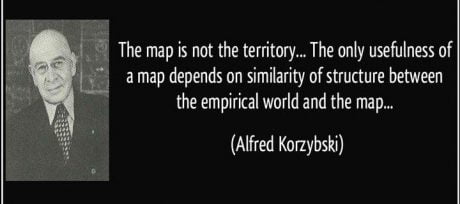
Every Behaviour has a Positive Intention – NLP Presupposition
The Paradox of Problematic Behaviours As a therapist or coach, one of the biggest challenges you face is helping clients overcome deeply ingrained behaviours and habits that are causing problems in their lives. Whether it’s addiction, anxiety, overeating, procrastination or

